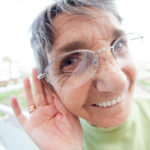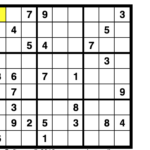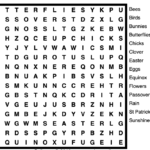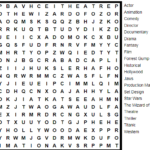Drinks and Dementia: Is Happy Hour Wreaking Havoc on Your Brain Health?
Maybe you’ve heard alcohol is good for you? Before you reach for that bottle of beer or pour yourself more wine, consider this sobering fact: heavy drinking can increase your chances of developing early-onset dementia.
An analysis of the hospital records of 1 million adult patients in France showed that the strongest risk factor for early-onset dementia (before the age of 65) was heavy alcohol use. In fact, of the 57,000 patients in that group who had early-onset dementia, the cause for nearly 60 percent of them was alcohol-related brain damage or alcohol use disorders.
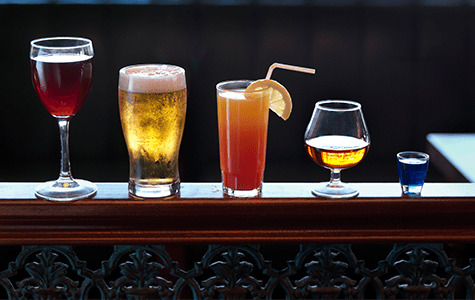
Why is heavy drinking so hard on the brain?
Heavy drinking permanently changes brain structure and damages brain function. This damage can be caused by the direct effects of the alcohol on the brain or due to liver disease or poor general health because of the alcoholism.
Poor nutrition can result in a thiamine (vitamin B1) deficiency and is common in alcoholics. Thiamine is an essential nutrient required by all tissues, including the brain.
How much is too much?
The rule of thumb for drinks is a 5-ounce glass of wine, 12-ounce bottle of beer or 1.5-ounce shot of hard liquor. If your doctor asks you how much you drink, be honest. It’s very important to ensure that it is safe to drink alcohol with any medications you may be taking.
Beverages for Brain Health?
Resveratrol, a compound found in red wine and the skin of red grapes, is a potent antioxidant. There’s some scientific evidence to support it can possibly reduce cell damage associated with aging and may protect against the formation of damaging plaques in the brain. Stick to the maximum recommended daily amounts of one glass for women and two for men.
Other beverage options for brain health include coffee (not ladened with sugar and creamers) and green and black tea. Staying hydrated with plenty of water is always a bright idea.
For more information on controlling your risk factors for brain health. Visit healthybrains.org/pillar-medical.



